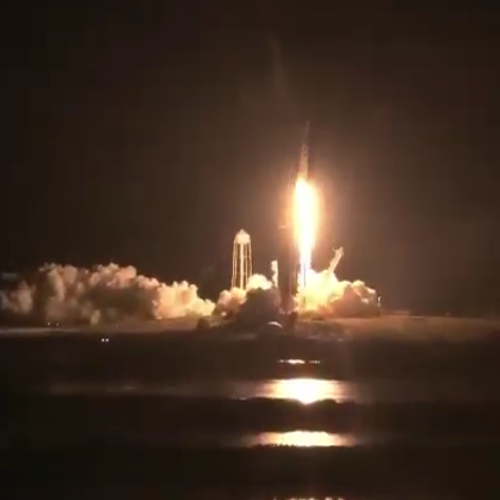Because of issues in Rocket Lab’s flight termination system (used to destroy the rocket should it go out of control during launch), the company has announced that its first U.S. launch will be delayed until 2021.
One reason for the delay, Rocket Lab said, was that it was waiting on NASA to certify the autonomous flight termination system (AFTS) that will be used on the rocket to provide range safety. NASA controls the launch range at the Wallops Flight Facility, where LC-2 is located. “There’s a very long certification process that, quite frankly, we probably underestimated how long it would take,” Peter Beck, chief executive of Rocket Lab, said in an interview in August.
That certification process is ongoing. In a Nov. 10 talk at a Maryland Space Business Roundtable webinar, David Pierce, director of NASA Wallops, mentioned preparations for Rocket Lab’s first launch as part of an overview of the facility’s activities. “We’re really proud of our work with Rocket Lab,” he said. “We’re working really hard to support Rocket Lab with a launch in ’21.”
Asked later about the certification of the AFTS, Pierce said that engineers had kept on schedule with the development of the system into the summer despite the pandemic. “When they sent the unit out for review of the software, we found some errors,” he said. That review involved teams at NASA’s Katherine Johnson Independent Verification and Validation Facility, the Federal Aviation Administration, Vandenberg Air Force Base and Cape Canaveral Air Force Station.
While I have no evidence of this, I cannot help being suspicious of these various government agencies. For years numerous people in the government put fake roadblocks up to slow or stop SpaceX’s first manned launch, merely because it threatened their turfs. This autonomous termination system will make the ground crews at Vandenberg and at Cape Canaveral irrelevant, and I would not be surprised if some of these issues were drummed up to delay or block this system because of that.
I know I am being cynical, but based on history it is not unreasonable to be so.

